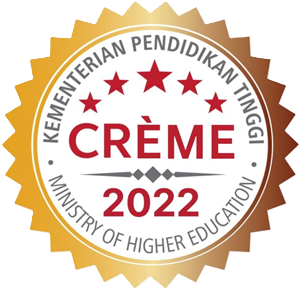LONG-TERM TIMBER HARVESTING IN BORNEAN FORESTS: THE YONG KHOW CASE
Keywords:
Timber harvesting, sustainability, concession, long-term successAbstract
Timber production has increased dramatically over the last 20 years from Sarawak's hill forest, but an international controversy has developed over whether these forestry practices are sustainable. Yong Khow (YK) and Sons, the oldest timber concession operating in the hill dipterocarp forest of Sarawak, can give insight into the feasibility of sustained yield harvesting in Sarawak's forests. The forests in the YK concession area appear to be in good condition as of 1990 despite three to four cutting cycles starting in 1938. Key elements in the long-term success of the YK concession which are often missing in other concession areas are the direct involvement of the licensee in day-to-day operations, an efficient containment of costs, no local farming population competing for the land, steady sales for sawn timber to thelocal Miri market, and minimal damage to the forest during logging operations. More recently, the extent of forest area has been drastically reduced from the concession area, as by farmers cutting down trees for shifting cultivation along the logging roads. Consequently, YK will probably soon cease its operations.





